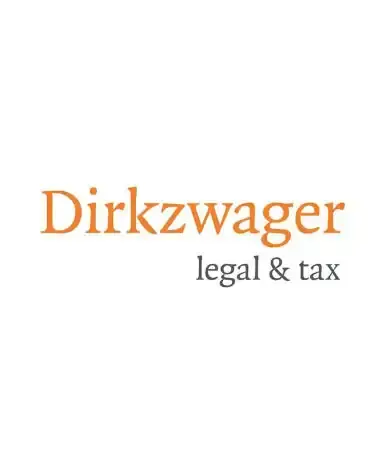When applying the main rule of 7:663 of the Dutch Civil Code, all rights and obligations under the pension agreement must be met by the transferee. In addition, one must take account of the obligation under the Pensions Act to accommodate the pension scheme externally, i.e. with a pension administrator. However, an acquisition does not always or immediately result in the transfer of the administration agreement between the pension administrator and the transferor to the transferee.
The following section discusses the various situations that can arise, as well as the options available to the acquiring party. Only a very approximative answer can be given, since the results depend strongly on the conditions and agreements made between the parties.
Does the administration agreement transfer with it? Difference in type of acquisition/merger
• Share transaction:
In the case of a share transaction, the pension plan usually remains intact without change, because the employer itself does not change. However, the actual method of administration may change under certain circumstances. Consider, for example, a company that was exempt from mandatory participation in an industry-wide pension fund, but for which the exemption may no longer apply after the transfer. Or a company which has concluded an administration agreement with a pension administrator which specifically regulates the consequences of the pension scheme in the event of a change of control. This also shows the importance of proper due diligence, as described in blog 1.
• Legal merger:
The administration agreement between the transferor and pension provider (insurer or PPI) automatically transfers to the transferee.
Note: Check the conditions of the administration agreement. For which period was the administration agreement entered into? Are there cancellation options? Does the employer have to pay compensation if the agreement is terminated? And, are there ongoing costs after the expiration of the contract period?
• Asset/liability transaction (corporate merger):
The administration agreement does not automatically transfer with the employees. Only the employer's commitment to the employee under the terms of his employment conditions is transferred during a business merger, unless a pension exception under Section 7:664 of the Dutch Civil Code applies, see blog 2. It is important to examine this properly prior to the merger, in order to be able to ensure adequate (pension) coverage after the transaction.
Suppose that the seller is a mandatory member of an industry-wide pension fund, but the transferee is not, because this employer - also after the acquisition - does not fall within the scope of that mandatory industry-wide pension fund in terms of its activities. In that case, a situation may arise in which the pension commitment, subject to conditions of employment, is transferred to the acquiring employer on the grounds of transfer of undertaking, but a search must be made for another pension administrator who can maintain that commitment. This is only different if the acquiring employer can invoke one of the pension exceptions of Section 7:664 of the Dutch Civil Code, as is the case, for example, if that acquiring employer already had a pension plan in place with an insurer for its own employees prior to the transfer, see blog 3.
Contract takeover
In the event that the execution contract does not automatically pass along to the transferee (such as in a business merger), the transferee may opt for contract takeover under Article 6:159 of the Dutch Civil Code.
"A party to a contract may transfer its legal relationship to the other party with the cooperation of the latter to a third party by means of a deed drawn up between itself and the third party."
In principle, there should be few obstacles to such a contract transfer, now that an agreement already existed with the pension provider in question. Note, however, that the pension administrator may want to renegotiate the terms of the administration agreement. Instead of taking over a contract, the transferee can of course also opt to conclude an entirely new administration agreement with another pension administrator. In that case it is important to check carefully in advance what the exit provisions in the administration agreement are. You should therefore carefully examine what the best option is for the acquiring party.
Conclusion
In a due diligence investigation it is important to keep the so-called pension triangle in mind, consisting of the following parties: employer, employee and pension administrator. The employer has in principle concluded a pension agreement with the employee, which may be transferred in the event of a takeover (subject to the applicability of a pension exception). However, that is not the end of the matter. That same pension agreement must also be implemented by a pension administrator, while, as explained above, the administration agreement is not always automatically transferred in the event of a transfer. Exit provisions in an administration agreement appear in practice to vary considerably, both in terms of the termination options and in terms of the financial consequences of an exit, so it is really important to explore all options in advance with both the current pension administrator and the intended pension administrator.


